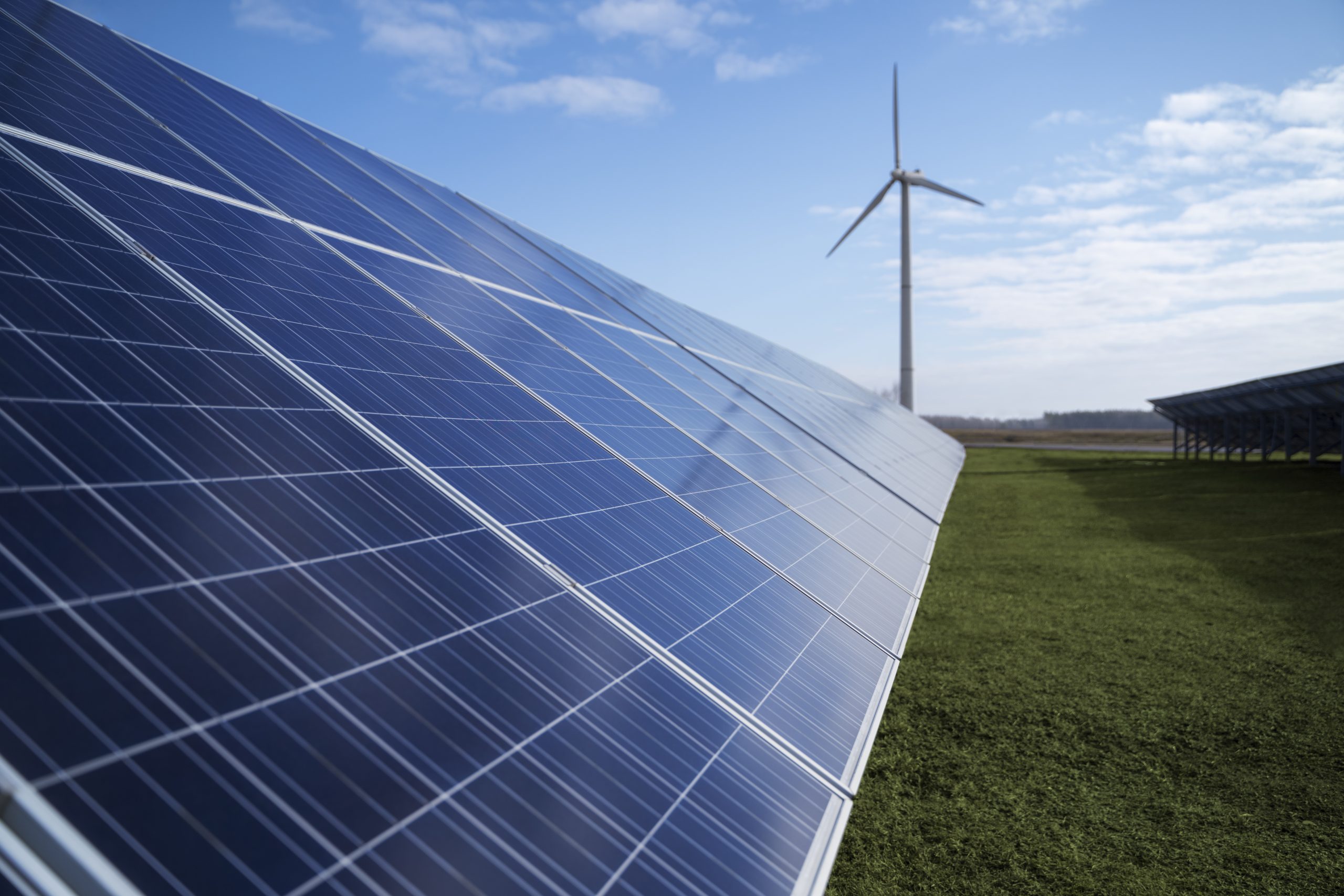How can we move toward a more sustainable future? LSE President and Vice Chancellor Larry Kramer argues that while greater ambition is still needed, the most effective route is to successfully deploy the technologies we have and carry out the pledges that have already been made.
If we have learned anything in recent years, it’s that there are limits to how much nature can give to our efforts to create material wealth for ourselves. These limits have been reached or are nearing across a number of ecological systems: not just greenhouse gas emissions, but also biodiversity, fresh water, aerosol loading (that is, particulate air pollution) and several others.
Raising our ambition
I began work on climate when I joined the Hewlett Foundation in 2012. While climate models necessarily offer a wide range of possible results, the most likely ones at the time forecast that business as usual would increase the global average temperature by 4-5 degrees Celsius above pre-industrial levels by the end of this century, which might not make humans extinct, but would almost certainly be more than our political and economic systems can bear. Think Mad Max.
A dozen years later, between what has been done and what is already in process, the same predictions put us reasonably on track for an increase of 2.7-3.6 degrees Celsius, and if current pledges to cut emissions are met, we can keep the temperature rise as low as 1.8 degrees.
Those numbers are still dire: even 1.8 degrees (probably the best we can hope for at this point) will be very bad. But considering that, in 2012, the entire global economy was running on fossil fuels, it should nevertheless be seen as remarkable progress – a combined product of new technologies and successful efforts to raise the ambitions of both public and private actors.
So what next? We have many of the technologies we need, and where these are lacking, they are in development. With the right kind of support and encouragement, we have good reason to believe these can be available in time. And while greater ambition is still needed, the most effective way to get it is to successfully deploy the technologies we have and successfully carry out the pledges that have already been made. For now, in other words, the fight for sustainability needs to focus on implementation.
Three major efforts
Make no mistake, the challenges to implement existing pledges and technologies are formidable. I would frame the immediate challenge around three major efforts we need to successfully execute in the coming decade or two, all of equal necessity.
First is the effort to physically transform our energy systems, that is, to deploy new energy technologies. This includes phasing out fossil fuels (though at a pace and in ways that do not devastate the hundreds of millions of people whose lives still depend on them); building solar farms and wind farms and other sources of renewable energy; building the infrastructure for electrification of our transportation and built environment, not to mention the production and use of low carbon steel, cement and industrial chemicals; and developing sources and supply chains for the critical minerals needed (again, in ways that do not further degrade ecosystems and biodiversity).
Second is the effort required to finance the first effort. By what are probably conservative estimates, to accomplish the needed transformation in time, we must invest something like $1-1.5 trillion every year for the next twenty-five years. It’s a number we’re not yet close to reaching, one that will require shaking loose both public and private resources. We need creative thinking from people working in finance and economics and political science and law, coupled with work in social and behavioural disciplines to make sure new policies and approaches gain traction and stick.
Third is the effort needed to make this a just transition, that is, to execute the first two efforts in ways that are fair to those who have borne – or will, if we are not careful, unfairly bear – disproportionate costs. This includes both finding ways to compensate the peoples of the world who will suffer loss and damage from warming already locked in and ensuring that the costs of the transition are not disproportionately imposed on those who have always borne them in the past.
It also includes finding solutions for the people and communities whose lives have been built by and around the fossil fuel industrial complex: from workers in coal mines and oil fields and refineries, to those who build pipelines and drive trucks and work in gas stations, to whole regions whose financial health and local cultures rest on fossil fuel production.
There is more, of course. I have not touched on concerns for ecosystem conservation and preserving biodiversity, much less the overwhelming needs for adapting to the climate change that is happening and will happen even if we hit our mitigation target. But there is already work on all these issues happening here at the London School of Economics, and our new Global School of Sustainability is designed to provide a hub to support it so as to amplify what we can do.
This is an extract from the inaugural lecture of LSE President and Vice Chancellor of LSE Larry Kramer, “What is needed is hard thinking”: five challenges for the social sciences, held at the London School of Economics on 14 October 2024.
About the author:
Larry Kramer is President and Vice Chancellor of the London School of Economics and Political Science.

